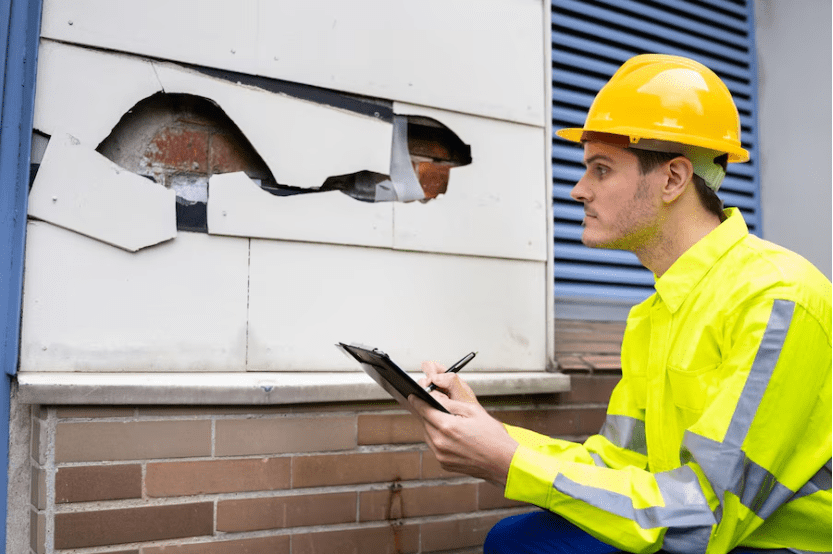If you live in an area of extreme weather, you must be familiar with how these changing weather and home vulnerabilities are directly connected to each other. And when it comes to Dallas, Texas, you know how Texans have to generally deal with cold fronts in winter, a scorching blaze of summers, and occasionally heavy rains. All of this poses several challenges while home inspecting! Understanding the interplay between weather elements and the inspection process is essential for both inspectors and homeowners alike.
In this blog, we will explore how home inspection reports can be affected by the different climatic conditions in Dallas. We will also talk about the best climatic conditions to ensure a thorough home inspection in this climatically diverse town of Texas. Let’s begin!
Weather impact on home inspections in Dallas, TX
On the basis of different weather conditions experienced by Dallas, TX, we will discuss their impact on home inspection in Texas: –
Summer
Inspecting attics and crawlspaces becomes particularly challenging in summer due to increased heat. This may lead to inspectors suffering from heat strokes due to insufficient recognition of heat exhaustion signs.
The impact of extreme heat extends to various aspects of home structures. Roofs, exposed to relentless sun, undergo thermal expansion, potentially causing issues like cracks and warping over time. HVAC systems, plumbing fixtures, and structural elements are strained under extreme conditions, demanding regular inspections for efficiency and resilience.
Winter
Even in milder parts of Texas, freezing temperatures can pose a threat to roofing materials, leading to contraction, brittleness, and potential cracks.
Ice and snow serve as revealing elements during home inspection in winter, highlighting insulation gaps, ventilation issues, and potential heat loss within homes.
Inspectors pay close attention to ice dams on roofs, signaling possible attic ventilation problems. Snow and ice can cover areas crucial for inspection, and certain home systems, including AC units, pools, underground sprinkler systems, and grading, may be offline or challenging to assess during the cold months. While snow has been less of a concern in recent years, it can impact radon levels temporarily due to its insulation effect on soil gases, emphasizing the need for vigilance in radon testing.
Air conditioning inspections are limited during winter as units are not running, and turning them on in cold conditions can cause damage. Pools and spas, winterized in the fall, cannot be fully inspected, and underground systems like sprinklers and drainage are challenging to assess in snowy conditions.

Rain
While rain can unveil hidden issues that may go unnoticed in dry conditions, it also poses safety concerns and limitations for certain aspects of the inspection process. Performing a home inspection during a rain storm requires caution, especially when dealing with slippery roofs and flooded crawlspaces. Inspectors need to be mindful of potential electrocution risks in areas with exposed wires, outside electrical panels, and pool equipment. Soft, muddy soil can make ladder use precarious, leading to accidents.
Inspectors might opt for visual assessments from the ground or employ drones for a photo survey in lighter rain conditions. Determining the age of a roof also becomes challenging in rainy weather, as wet surfaces can make roofs appear younger than they are. However, heavy rain and high wind conditions may necessitate a return visit to inspect the roof thoroughly.
Storms and Winds
Regular storm-readiness inspections become vital for homeowners in Dallas to identify and address any vulnerabilities in their roofing systems before severe weather strikes. The torrential rain accompanying storms further amplifies the risks to roofing structures. Existing vulnerabilities can be exacerbated, potentially leading to leaks, water damage, and compromised structural integrity. Inspectors play a crucial role in identifying signs of wind damage during home inspections, such as loose shingles, damaged siding, or cracked windows.
Which time or weather is best for home inspection & Why in Dallas, TX
In Dallas, Texas, the best times for home inspections vary based on the unique weather conditions in the region.
- Summer inspections are crucial for identifying issues exacerbated by heat and humidity, such as HVAC problems and mold growth. Additionally, it’s an opportune time to inspect outdoor areas like the roof and gutters, which may be challenging during other seasons due to weather constraints.
- Fall and spring, however, are considered optimal for insulation assessments. The moderate climate during these seasons allows inspectors to thoroughly check homes without disrupting HVAC systems, offering comfortable working conditions for any necessary repairs or installations. Preparing for extreme conditions, such as summer heat or winter cold, is another advantage of scheduling inspections during fall or spring.
- Winter inspections provide a different perspective, especially in snowy conditions. Snow allows inspectors to assess the structural soundness of roofs and detect issues like sagging or potential leaks. However, home inspections in winter may not cover all aspects, as climbing onto roofs may be hazardous, and certain pests could be dormant.
Ultimately, the timing of a Dallas home inspection depends on specific needs, with each season offering unique insights into the property’s condition.
Steps to Weather-proof Your House
Check for Gaps and Cracks
Inspect exterior walls, foundation, and roof for gaps and cracks that can develop due to weather changes and wear and tear. Apply weather stripping around doors and windows to seal gaps and prevent air and moisture infiltration. Use various types of weather stripping, such as tension seals or adhesive foam, depending on the specific needs of each opening.
Upgrade Shingles
Regularly maintain your roof by checking for warning signs such as curled or cracked shingles, leaks, or signs of aging. Consider upgrading to hail-resistant shingles, which provide enhanced protection against severe weather and may result in lower home insurance premiums.
Protect Exteriors with Paint
Repaint your home’s exterior using weather-resistant paint to shield it from the elements. Choose paint with UV ray protection or a waterproof finish based on your climate to ensure long-lasting protection and visual appeal.
Inspect Gutters
Conduct regular gutter maintenance to prevent clogs and ensure proper water drainage. Gutters should slope appropriately to facilitate water flow, preventing damage to the foundation and basement.
Increase Insulation
Insulate attics, walls, and crawl spaces using high-quality materials like spray foam, cellulose, or fiberglass. Adequate insulation helps prevent heat loss during winter and keeps your home cool in the summer, reducing energy bills.
Choose the Right Siding
Opt for durable siding materials like fiber cement, known for resistance to water and wind damage. Professional siding installation is crucial to ensure proper sealing and weatherproofing.
Invest in a New Roof
A new roof provides essential protection against rain, wind, and snow. Select a reputable roofing contractor to ensure correct installation and sealing, preventing potential leaks and water damage.
Conclusion
Ultimately, understanding what happens between weather elements and home inspections in Texas is crucial for ensuring the longevity and safety of homes in the climatically diverse region of Dallas, Texas. Regular inspections and proactive weatherproofing measures are key to a well-maintained and secure living space in the face of varying weather conditions.


